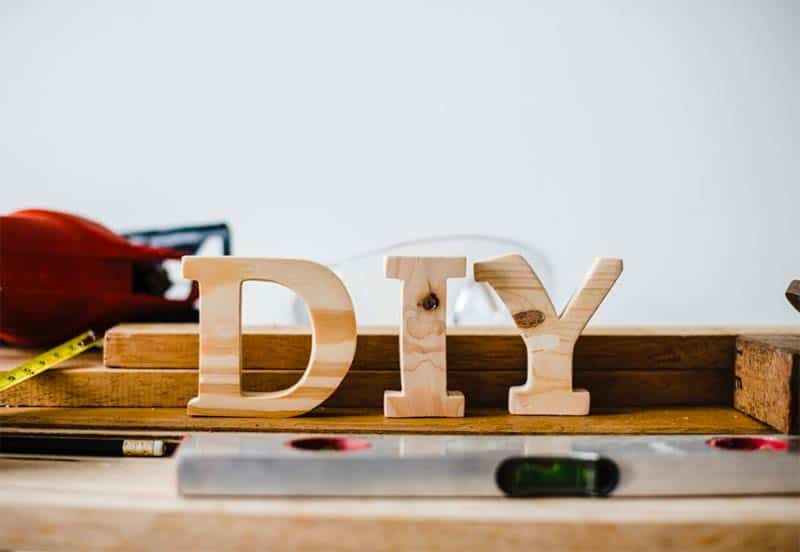Sure, many of us would prefer to fill in the blanks in private, rather than having to talk to anyone about our questions. However, it’s better to get professional advice.
MarketWatch’s recent article, “Online wills may save you money, but they can lay these estate-planning traps,” says that if you prepare your taxes yourself and you make a mistake, you may need to meet with the IRS. However, you may never know the results of your work when it comes to a DIY will. Who will be the ones to find out if you made any mistakes, and who will be paying the price? Your family.
You can find many DIY options for completing your own estate plan. With the ease and availability of these programs, along with lower prices, one would think more of us would have an up-to-date estate plan. According to the AARP article, Haven’t Done a Will Yet?, only 4 in 10 American adults have a will or living trust.
The four basic estate planning documents are a will, a trust, power of attorney for financial matters and an advance health care directive. If you try to produce any or all of them through a DIY site, expect to be offered a fill-in-the-blank approach. However, each state has its own probate code and the program you use may have different names for the documents. They also may not address state-specific questions.
Some DIY sites have all these documents, but you must buy their higher-end packages to access them. Others offer what they call a “limited attorney consultation” in the form of a drop-down menu of questions with pre-written responses, not an actual conversation with an attorney.
The range of DIY services also has a range of prices. Some claim it’s $69 for just a will, and others charge hundreds of dollars for what may be described as a “complete plan.” Some sites have more information than others about their options, so you must dig through the website to be certain you’re getting a legally binding will or other estate planning document. It is important to read the fine print carefully.
Most of these websites presume you already know what you want, but most people have no idea what they want or actually need. When you get into the complexities of family dynamics and trust language specific to your state and situation, these DIY estate planning packages can cause more challenges than working with a qualified estate planning attorney.
Remember: you don’t know what you don’t know. You may not know the case law and legislation that have evolved into your state’s probate code.
Play it safe and use an attorney who specializes in estate planning. Your family will be grateful that you did.
Reference: MarketWatch (May 3, 2019) “Online wills may save you money, but they can lay these estate-planning traps”


